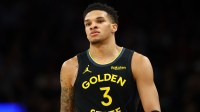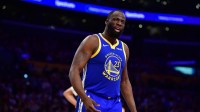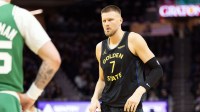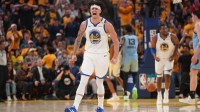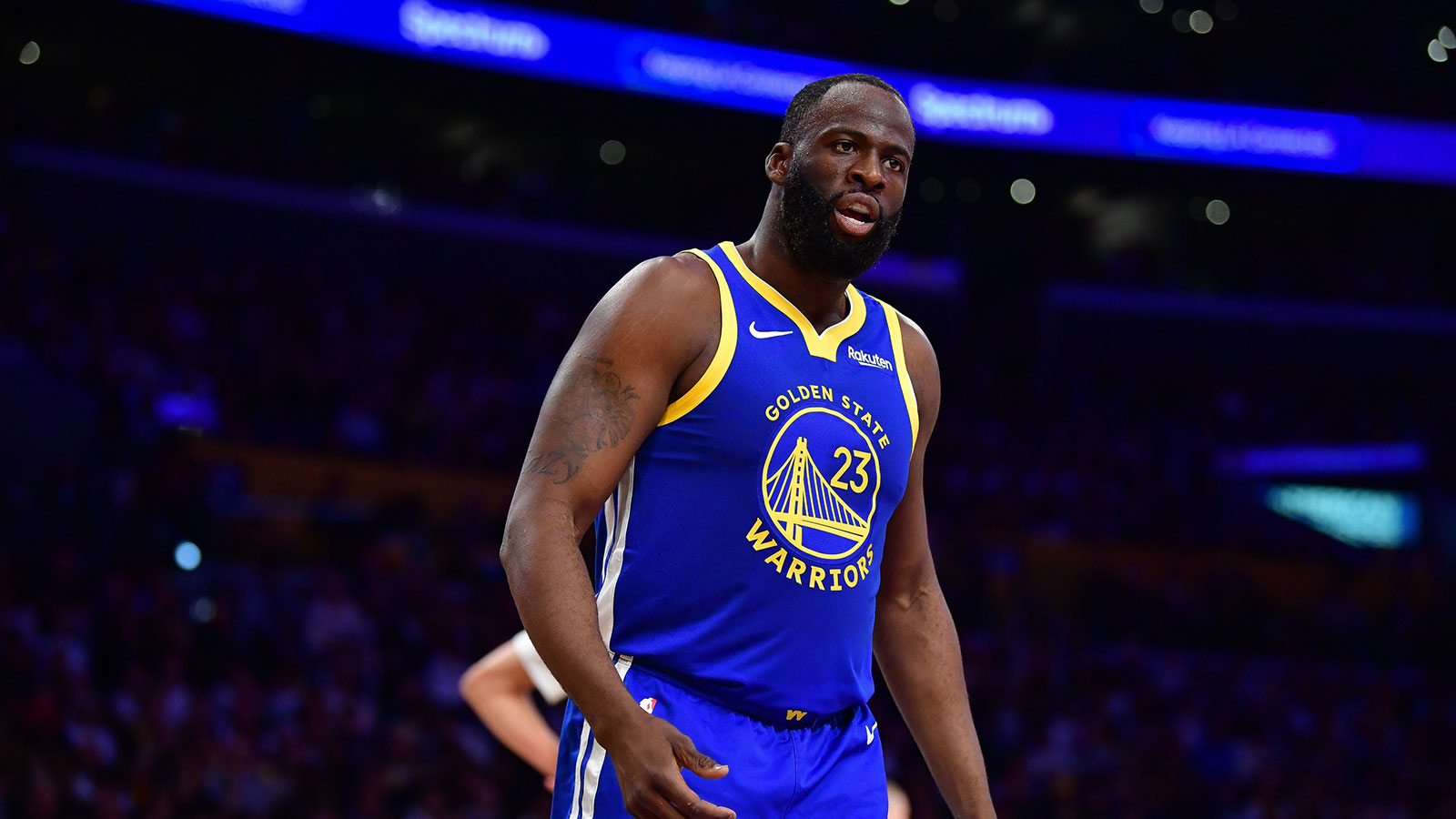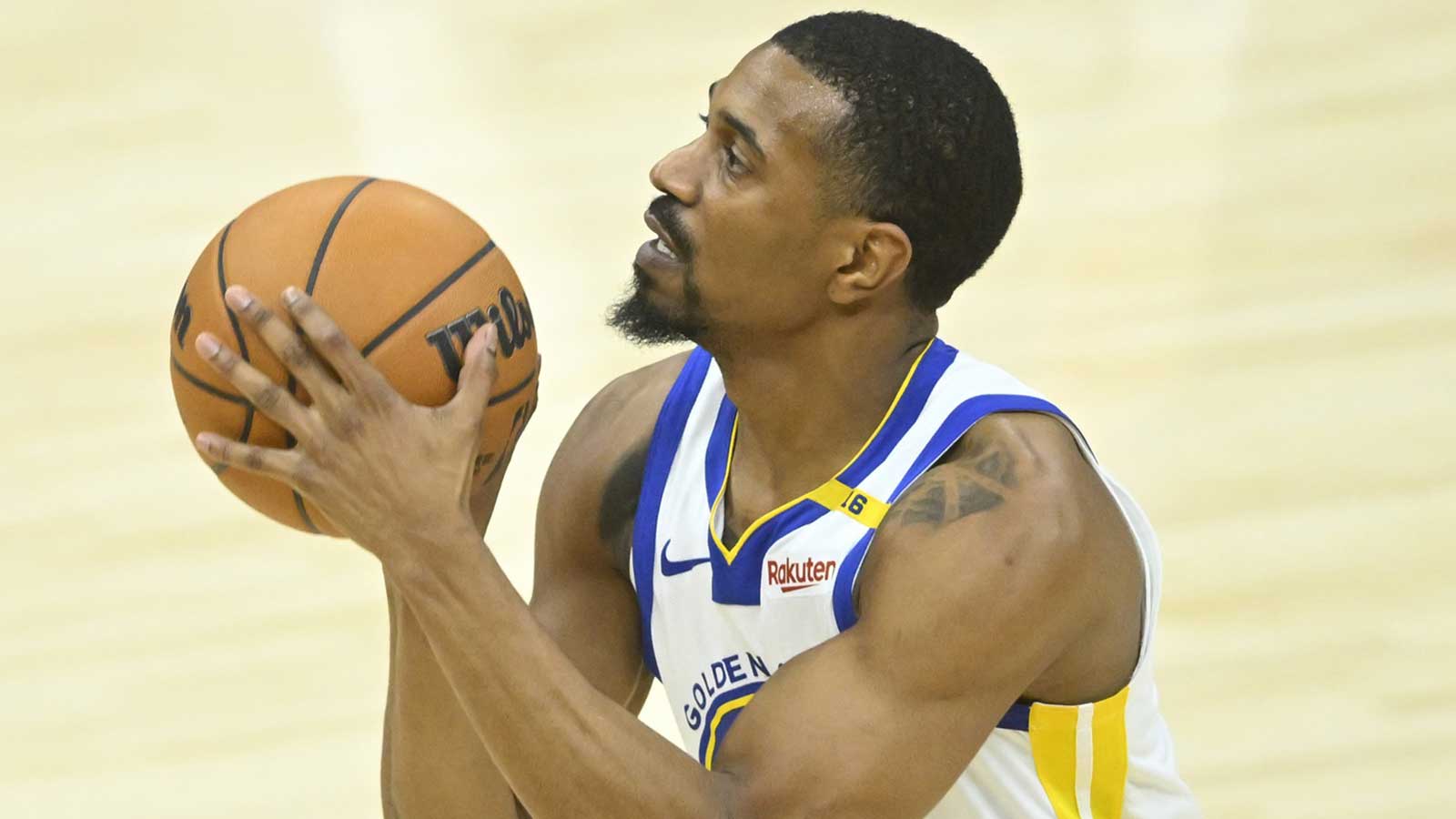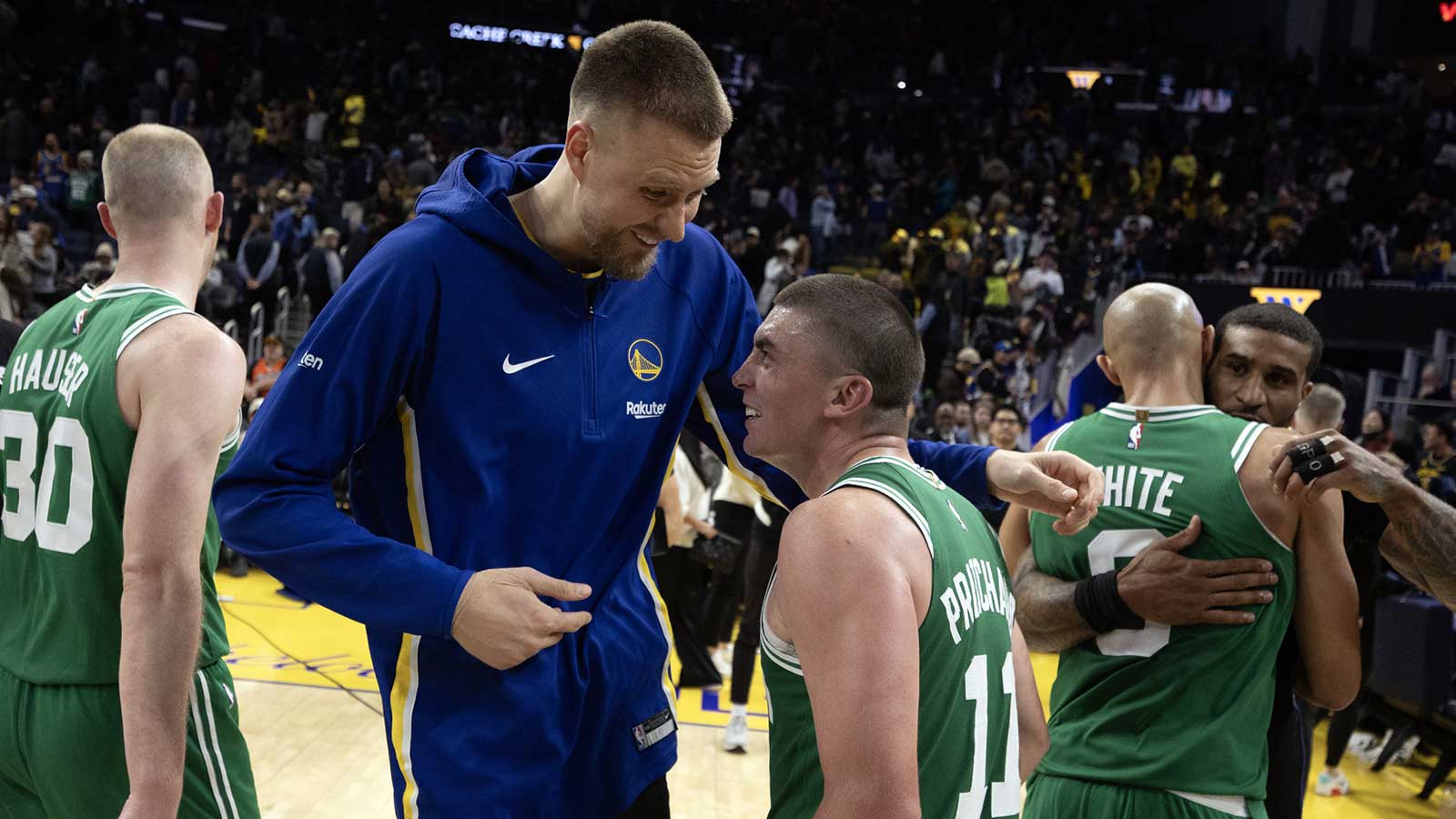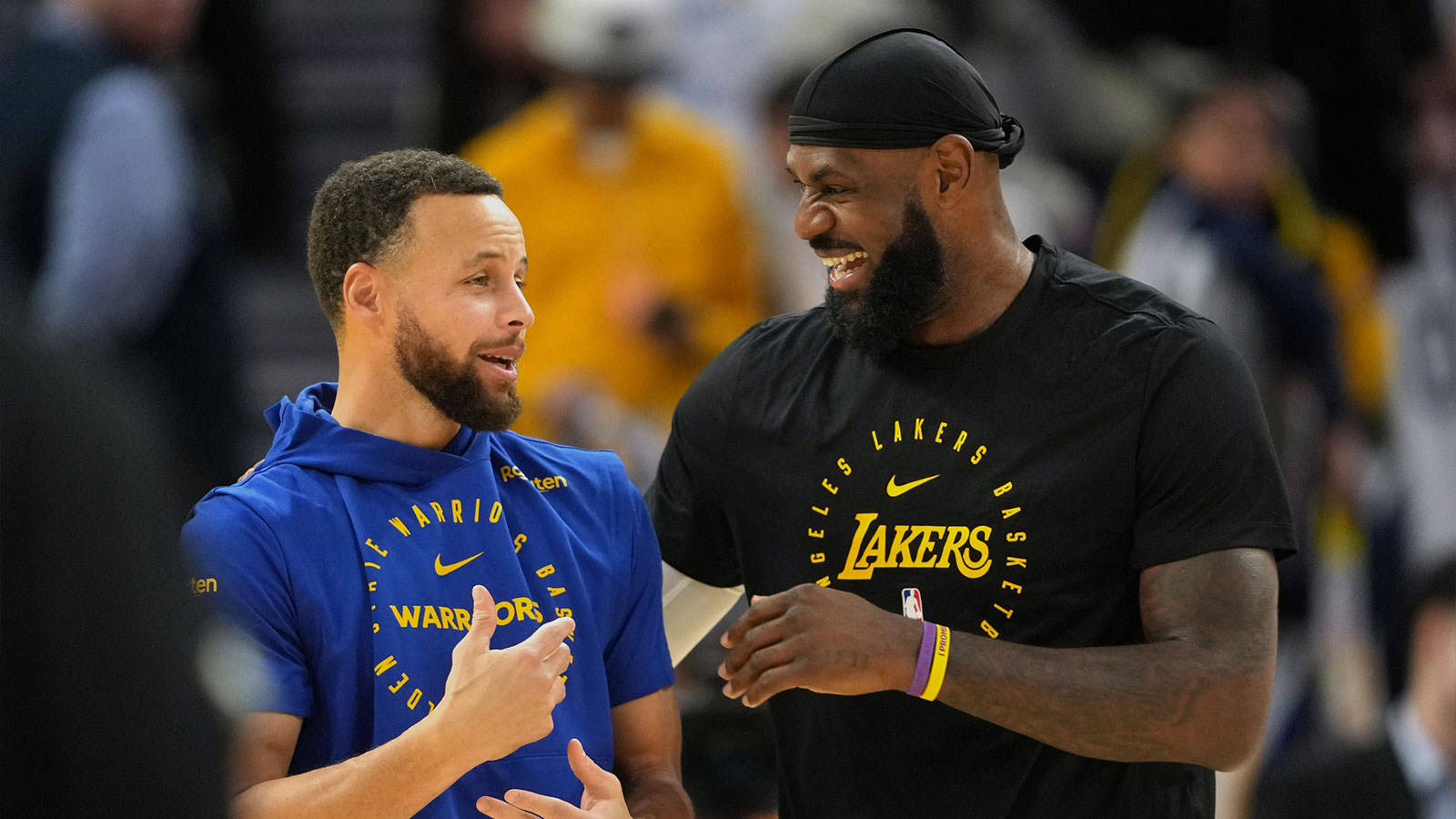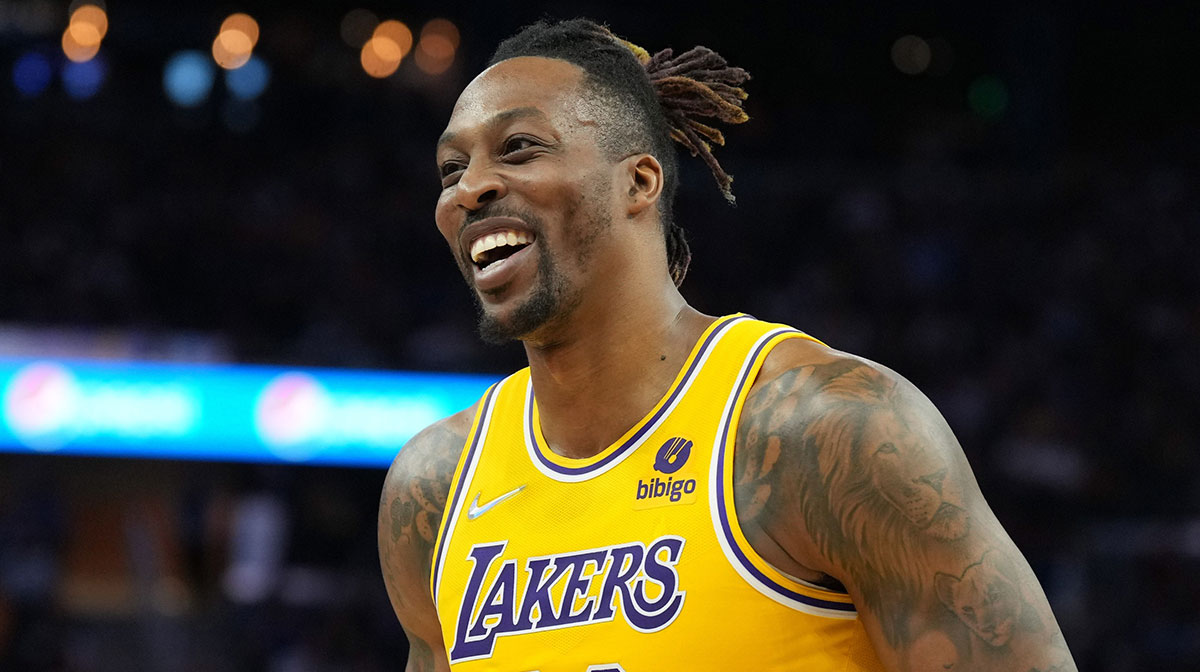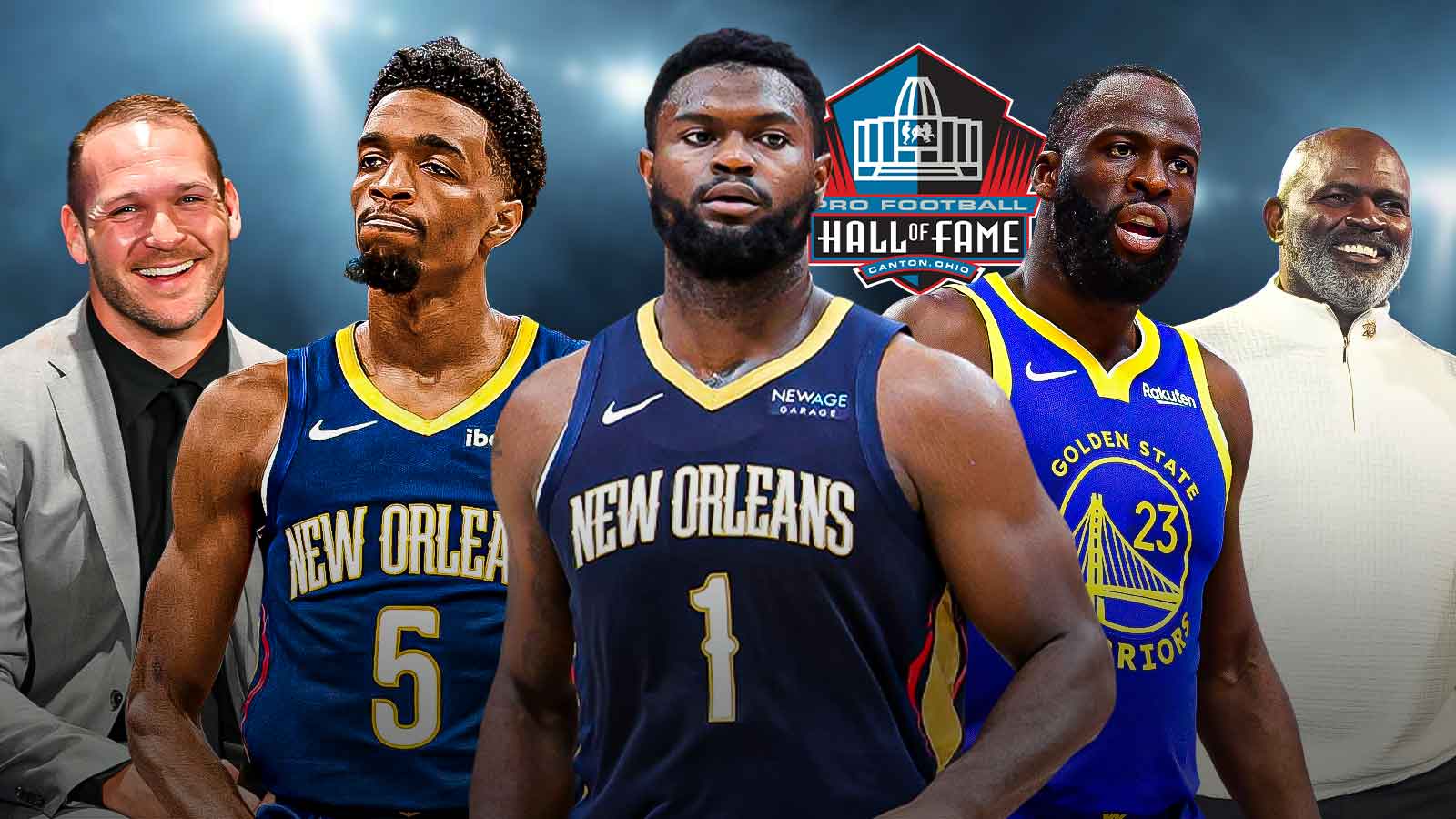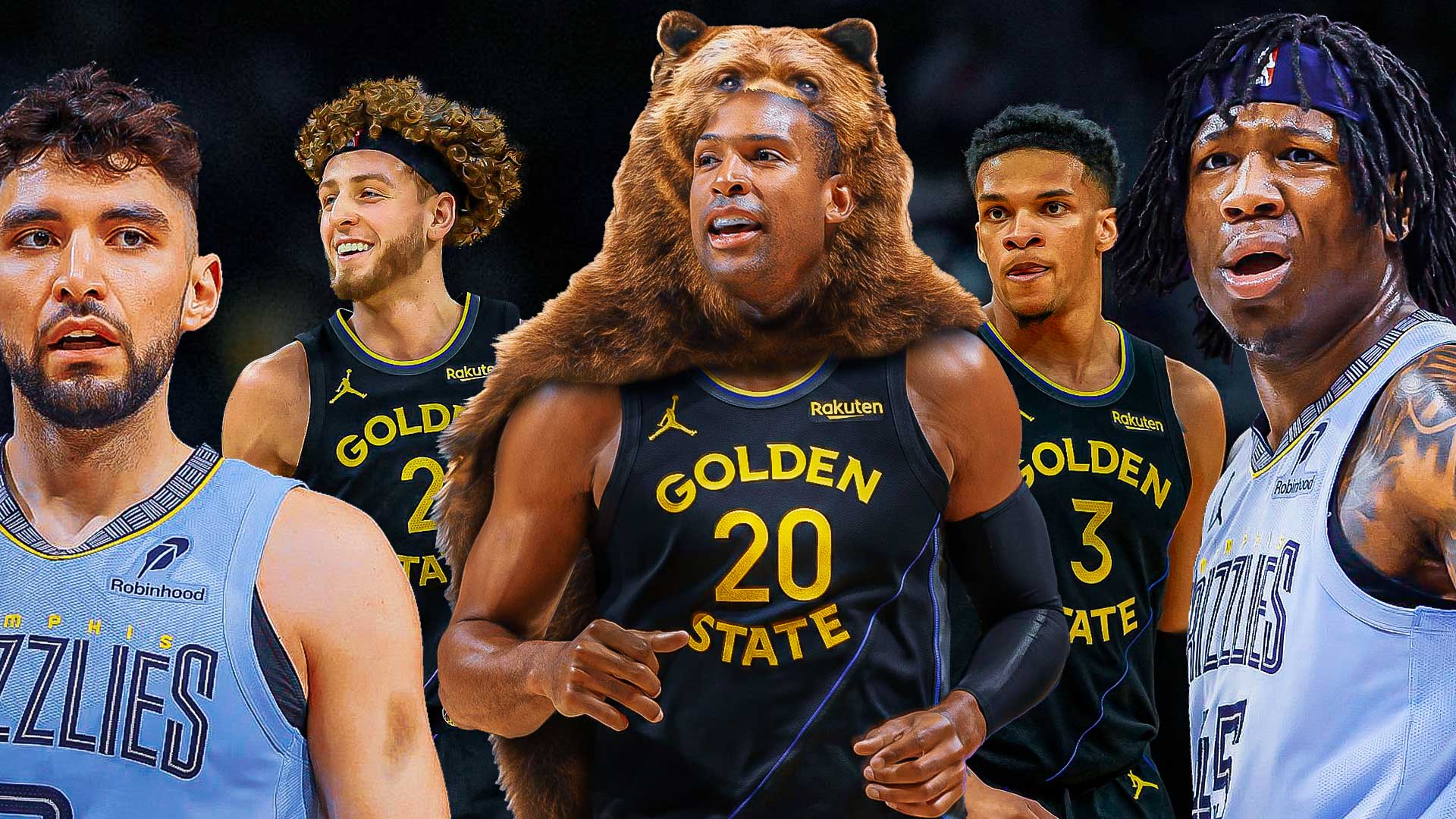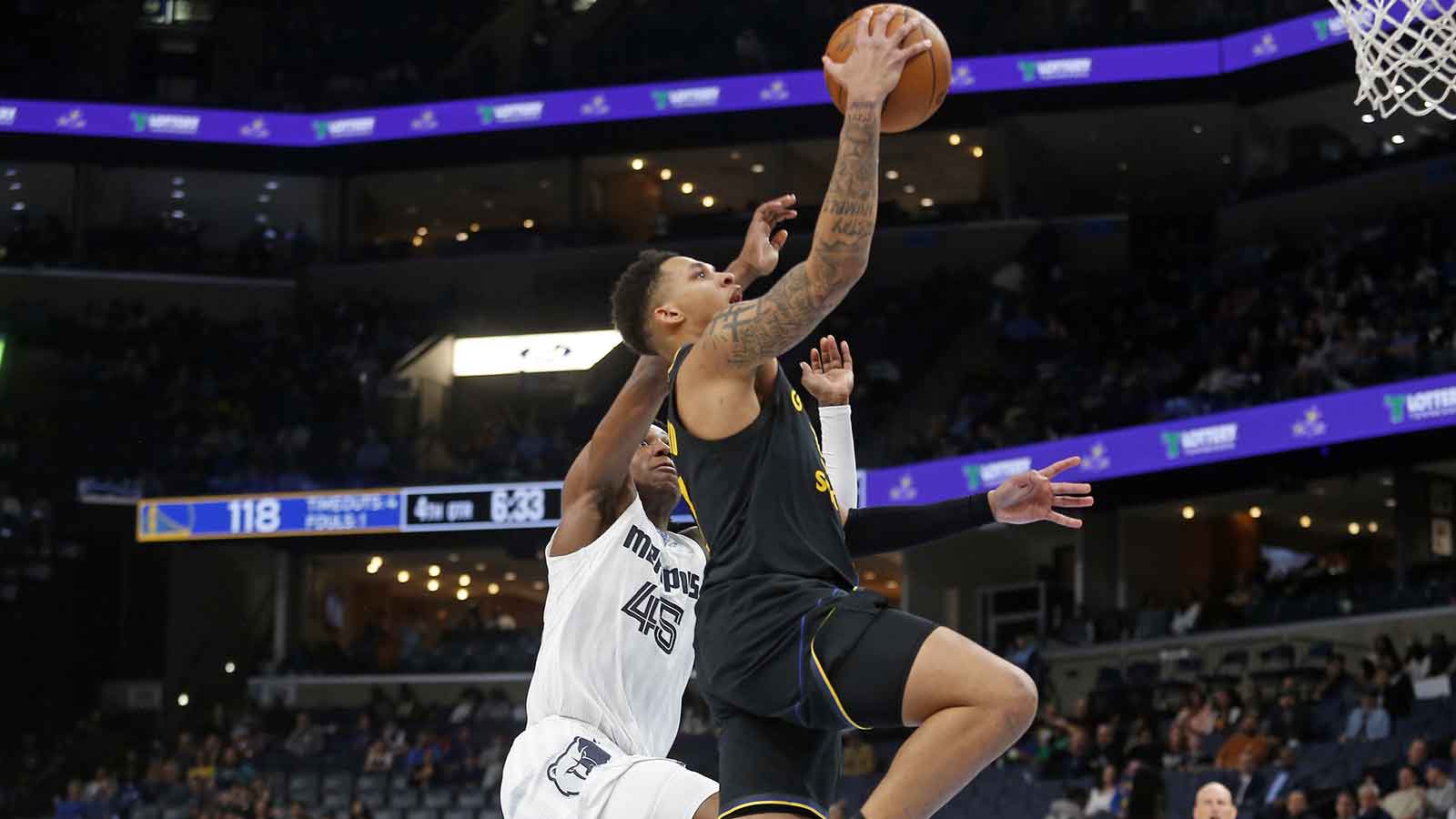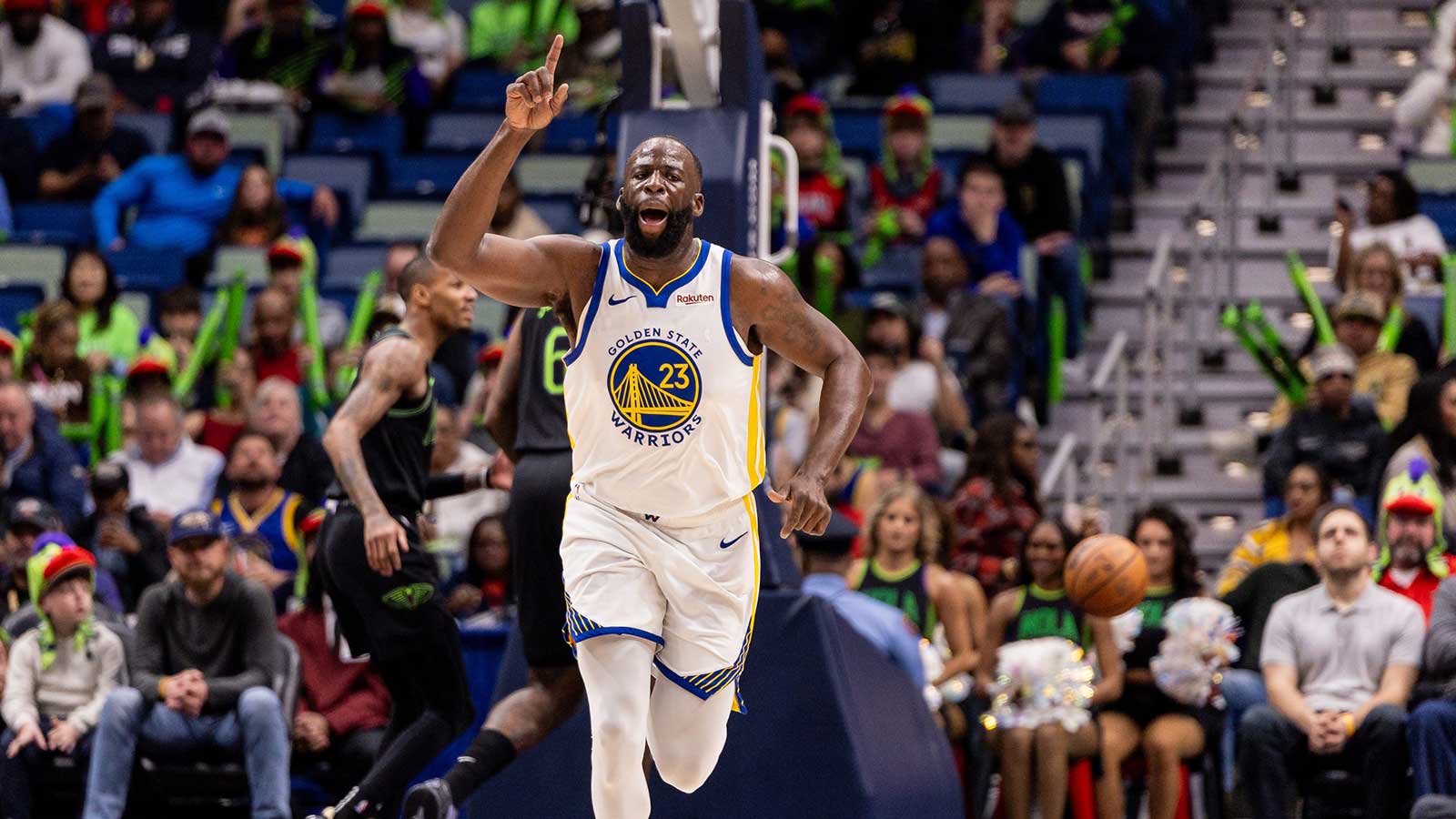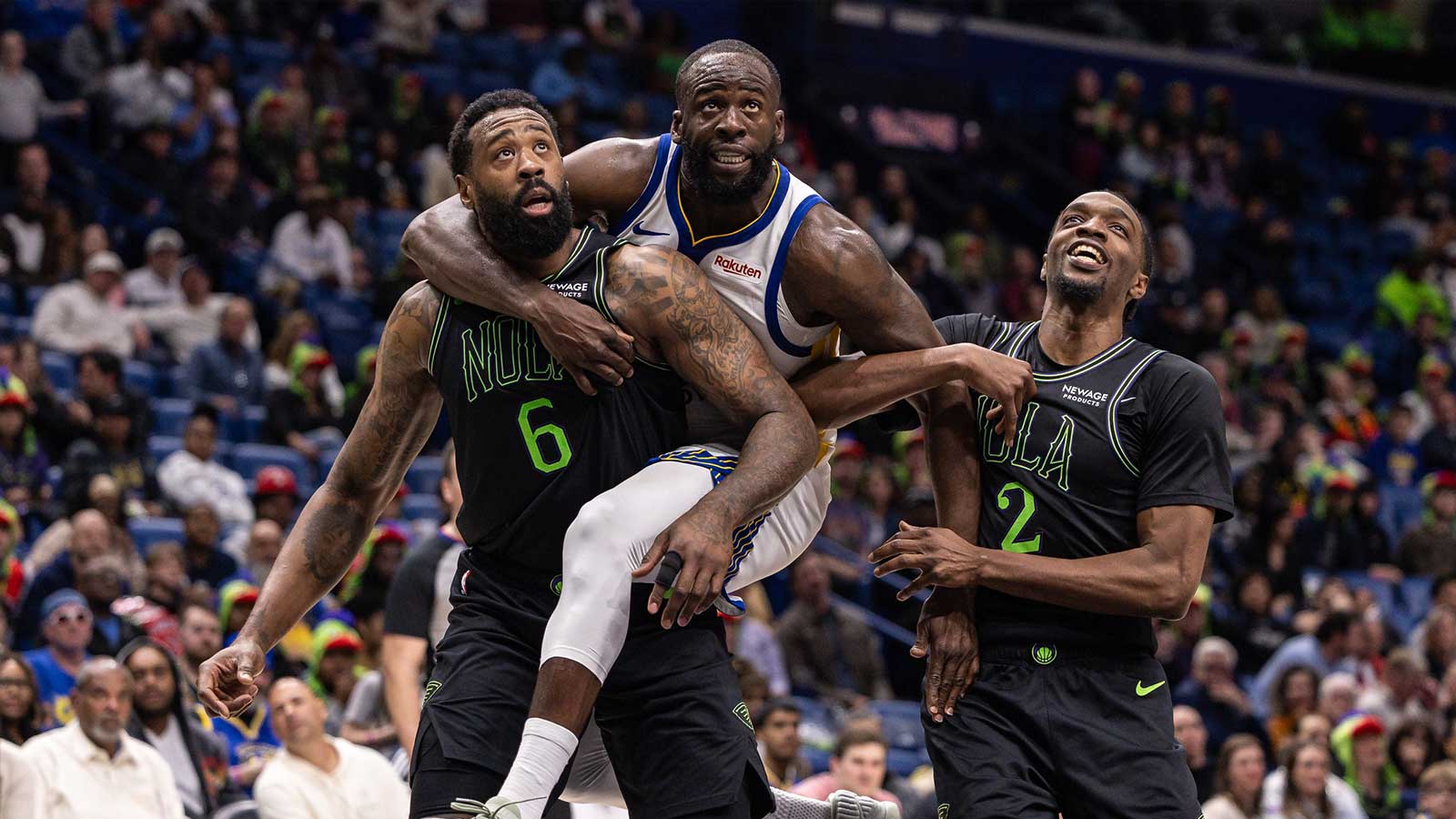The Golden State Warriors were down 2-1 to the Boston Celtics in the NBA Finals when Steve Kerr changed his starting lineup, inserting Otto Porter for Kevon Looney. They won the next three games in convincing overall fashion, winning an incredible fourth title in eight seasons.
Golden State's first championship of this ongoing dynasty, remember, was sparked by a similar strategic switch as the Larry O'Brien Trophy hung in the balance. Andre Iguodala replaced Andrew Bogut as a starter in Game 4 against the Cleveland Cavaliers seven years ago, a commitment to small-ball that unlocked the Warriors' offense, fortified a switching defense and ultimately helped earn Iguodala one of the most controversial Finals MVP awards ever.
The Warriors are inserting Otto Porter Jr. into the starting lineup in place of Kevon Looney for Game 4 of the NBA Finals. pic.twitter.com/QfpDIUinZg
— ClutchPoints (@ClutchPoints) June 11, 2022
Porter isn't Iguodala, obviously. Both numbers and the eye test paint Kerr's most recent decision to start small as far less impactful than the first one. Golden State's new opening five posted an ugly -24.5 net rating over the last three games of the series, per NBA.com/stats. Looney's presence as a switch defender, screen-setter and rebounder simply loomed much larger than Porter's against the huge, athletic Celtics.
Still, don't discount Porter's importance to the Warriors' championship. He's a deadeye shooter who defenses must pay attention to away from the ball, and remains a long, active, smart helper on the other side of the floor even though injuries have sapped Porter of the lateral quickness needed to consistently keep the ball in front of him.
Every team in the league could use a reserve wing like Porter, basically, and Golden State knows it. Unfortunately for the Warriors, that still doesn't mean they'll be able to retain him in free agency.
According to veteran reporter Marc Stein, Golden State is fully aware that financial constraints will make it “very difficult” to re-sign Porter once free agency tips off on July 1st.
The hope in Golden State is that it can neutralize the inevitable external interest in Looney and Gary Payton II while realistically understanding that Otto Porter Jr., after playing on a minimum deal, is going to be very difficult to retain.
Porter surprised by signing a one-year, minimum deal with the Warriors last August, despite receiving multiple offers that were considerably more lucrative. His salary was $2.39 million in 2021-22, over $7 million less than the mid-level exception other teams reportedly were willing to give him.
Sources: Otto Porter Jr. turned down the midlevel exception elsewhere to play for the Warriors at the minimum. https://t.co/CszqvrO37w
— Chris Haynes (@ChrisBHaynes) August 3, 2021
Both player and team were no doubt under the assumption all season long that Porter's tenure in the Bay would be brief. His ostensible plan has paid off perfectly, with Porter proving himself as a viable rotation player on a championship team right before getting back on the open market for what could be his last long-term contract.
The Warriors have Non-Bird Rights on Porter, limited to offering him a starting salary worth 120% of his previous one with cap exceptions. A contract beginning at $2.9 million annually isn't nearly enough to meet Porter's expected market, and the full $6.4 million taxpayer's mid-level exception—Golden State's only other means of bringing Porter back—surely falls short of it, too.
The only way he remains in San Francisco going forward if he's comfortable taking another significant discount, and Porter's age and injury history suggest securing the bag now is in his best interest.
The good news? Golden State isn't exactly short on wings behind Andrew Wiggins and Klay Thompson, with Jonathan Kuminga and Moses Moody earning rotation minutes as teenage rookies. Owner Joe Lacob also seems ready to reach even deeper into his pockets to re-sign Gary Payton II, according to Stein. Plus, the Warriors will be an ever-popular potential destination for free agents veterans who prioritize winning and market over money—just like they were for Porter this time last year.
Porter played a key role in Golden State's crowning achievement. It's now up to the Warriors find his suitable replacement, whether on the open market or in-house.




